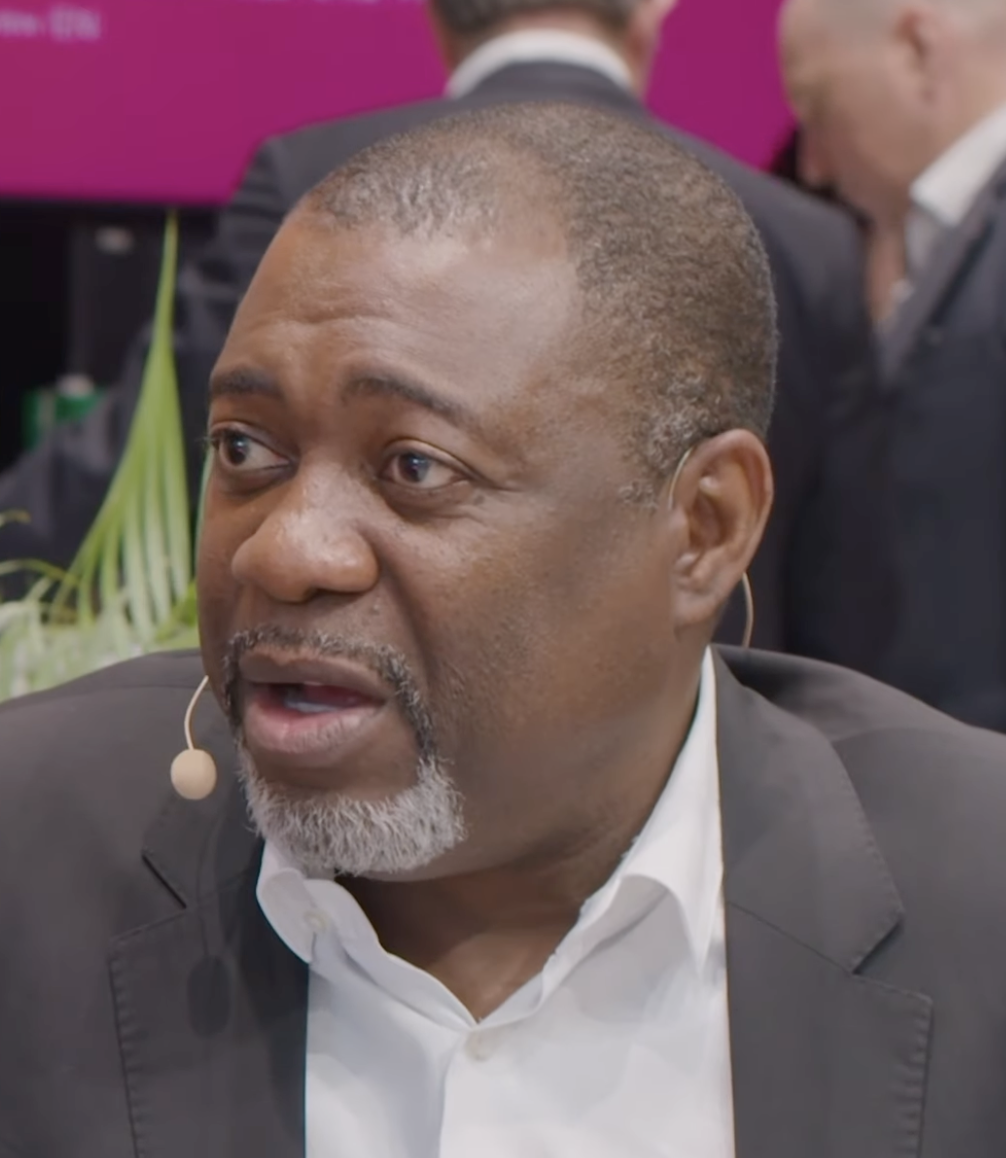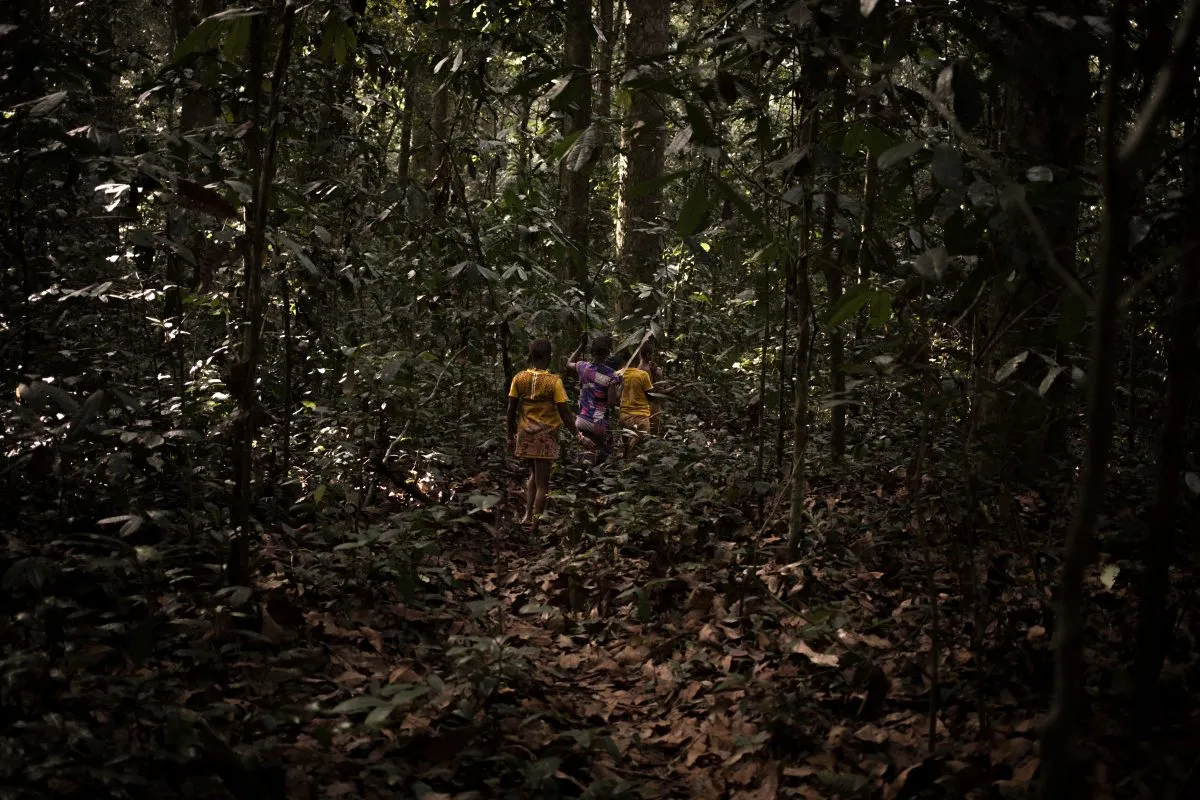In the global discourse on sustainability, the African voice has long been underrepresented. As the continent grapples with unique environmental, social, and economic challenges, there’s a growing recognition of the need for a sustainability metric that truly captures the African context, something that goes beyond conventional global indicators to reflect the continent’s diverse ecosystems, rapidly growing young population, and the critical role of informal economies. Such a metric would not only measure progress more accurately but also guide policies and investments in a way that resonates with local realities.
The African sustainability paradox
The African continent finds itself in a unique position in the global sustainability landscape. It contributes less than any other to global carbon emissions, while facing some of the most severe impacts of climate change. This paradox underscores the urgent need to reimagine how we approach sustainability in the African context.
The challenges are multifaceted and interconnected. Drought threatens food security in the Sahel; rising sea levels endanger coastal communities from Senegal to Mozambique; and changing weather patterns disrupt agricultural cycles across the continent. These environmental challenges are inextricably linked to social and economic issues, creating a complex web of sustainability concerns that are often overlooked in global sustainability metrics.
Beyond one-size-fits-all metrics
The sustainability landscape is dotted with numerous indices and metrics, each striving to capture the state of our planet and our progress towards a more sustainable future. However, these traditional indices often fall short when applied to the African context. They struggle to account for the continent’s unique blend of challenges and opportunities, from its diverse ecosystems and rich cultural heritage to its rapidly growing youth population and dynamic informal economies.
An African-centric sustainability index could bridge this gap by tailoring its metrics to the specific realities of African nations. Such an index would not only measure conventional indicators but also incorporate factors that are particularly relevant to African contexts, such as: the role of traditional knowledge systems in environmental conservation; the impact of rapid urbanisation on sustainability efforts; the potential of Africa’s young population in driving sustainable innovation; the intersection of poverty alleviation and environmental protection; and the unique challenges and opportunities presented by Africa’s vast natural resources.
This approach would allow for a more comprehensive assessment of sustainability in Africa, one that recognises the continent’s distinct developmental path and aspirations.
A tool for informed decision-making
An African-centric sustainability index has the potential to be more than just another set of statistics. By providing a clear and contextual picture of sustainability progress and challenges, it could become a valuable resource for various stakeholders across the continent.
For governments, beyond just identifying priority areas, such an index could help governments model the potential impacts of different policy interventions. For instance, it could simulate how investments in renewable energy might affect both employment rates and carbon emissions, allowing for more nuanced policymaking.
For investors, the index could serve as a risk assessment tool for investors, highlighting not just areas of need but also potential returns on sustainable investments. It could, for example, map out regions where climate-resilient agriculture could yield both environmental and economic benefits.
For international aid organisations, the index could help these organisations identify “sustainability hotspots” where multiple challenges intersect. This could lead to more integrated aid programmes that address interconnected issues simultaneously, increasing the overall impact of aid efforts.
And for researchers and academics, the index could reveal patterns and correlations that might not be apparent in isolated data sets. This could spark new areas of research, potentially leading to innovative solutions tailored to African contexts.
Unique challenges and opportunities
Perhaps most importantly, such an index could drive innovation in sustainability solutions that are tailored to local contexts. By highlighting the unique challenges and opportunities across the continent, it could spur the development of technologies and approaches that are specifically designed for African conditions, encouraging the integration of traditional African knowledge with modern sustainability practices, creating unique and effective approaches to environmental and social challenges.
The development and implementation of such an index would require collaboration across various sectors. Governments would need to provide access to national data and integrate the index into policymaking processes. Businesses could contribute real-time data on resource use and sustainable practices, while also using the index to guide their sustainability strategies. Academic institutions could play an essential role in refining the methodology and conducting in-depth analyses of the data.
Such a multi-stakeholder approach would not only enhance the accuracy and relevance of the index but could also build a shared sense of ownership and responsibility for sustainability outcomes. It could create new channels of communication between sectors that often operate in silos, potentially leading to more integrated and effective sustainability initiatives.
The ACE Africa Index
Recognising the need for such a tailored approach, the ACE Africa Index has been developed as a pioneering attempt to create an African-centric sustainability metric. This index goes beyond traditional measures to incorporate factors specifically relevant to the African context. It is a joint initiative developed by the Botho Emerging Markets Group, an investment consultant, and German filter manufacturer Mann+Hummel, combining local expertise with global sustainability knowledge to develop a unique tool for Africa.
What sets this index apart is its nuanced approach to the most pressing challenges facing the African continent. It considers factors such as the role of informal economies; the prevalence of education; the impact of rapid urbanisation; and the potential of Africa’s youth bulge, to name just a few.
For instance, in assessing education, the index does not look just at enrolment rates, but also considers factors such as youth unemployment and ICT access, recognising the importance of preparing Africa’s young population for a sustainable future.
By providing this Africa-specific lens, the ACE Africa Index has the potential to reshape how sustainability is understood and pursued on the continent. It could guide more targeted policies, attract investments to areas of greatest need and potential, and nurture innovative, contextually appropriate solutions to the continent’s sustainability challenges.
Looking ahead
As Africa continues on its development path, having the right tools to measure and guide sustainability efforts will be important. An African-centric sustainability index like the ACE Africa Index may prove to be just the tool for the job. Such an index could help shift the narrative from one of crisis to one of opportunity. It could highlight Africa’s potential to lead in innovative, context-specific sustainability solutions, positioning the continent not just as a victim of global environmental challenges, but as a key player in solving them.


 Sign in with Google
Sign in with Google 



